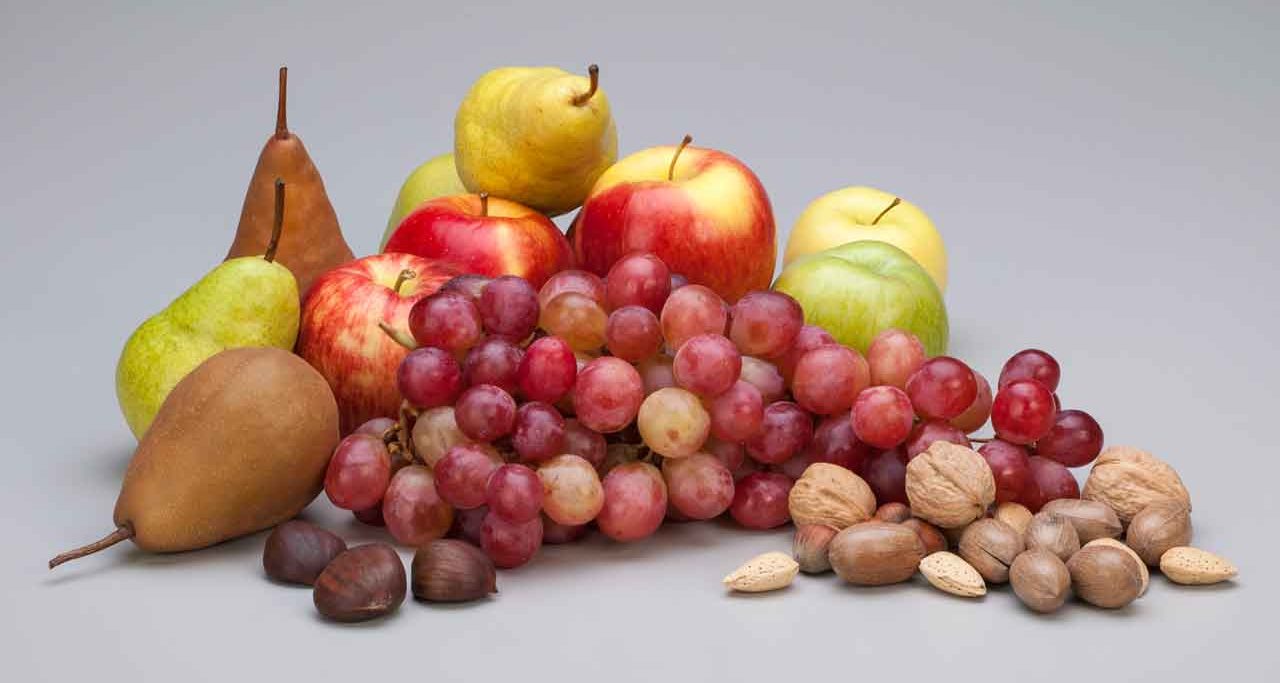Fiber Helps Prevent Chronic Disease

Increase the amount of fiber in your diet though a long list of foods that can also contribute to a healthy and balanced diet.
With all the dietary advice offered today, it’s easy to miss the obvious.
Getting enough fiber in your diet is important in preventing chronic conditions, including heart disease, diabetes, diverticular disease, breast cancer, and constipation.
Although it’s contained in a variety of common foods, fiber is lacking in most American’s diets at a level that contributes to optimized health. Its consumption is actually decreasing, one study says.
YOU MIGHT ALSO LIKE: Antibiotics Change Gut Bacteria Balance
“Among the lifestyle changes identified as having an impact in the development of diseases is the decrease in dietary fiber consumption,” the study says. “Some studies have shown the negative relationship between fiber ingestion and inflammatory markers in chronic diseases.”
Dietary fibers have an important role in different physiologic functions, such as preventing constipation, weight reduction (though a feeling of satiety), preventing colon cancer, reducing cholesterol, and a rise in blood sugar that can lead to diabetes, the study adds.
High fiber foods include fresh fruits and vegetables, whole grains and legumes. These all contribute to a suggested minimum of 14 grams of fiber for every 1,000 calories you consume.
Dietary fiber is actually a complex mixture of plant materials that are resistant to digestion, according to “The New York Times Guide to Essential Knowledge.”
There are two types: insoluble and soluble. Insoluble fiber is found mainly in vegetables, wheat bran and whole grain, the guide says. Soluble fibers are found in oats, beans, and fruits.
“Each type of fiber helps your body in different ways, so a normal healthy diet should include both types. Eating wholegrain cereals and plenty of fruit and vegetables helps to ensure both adults and children are eating enough fiber,” according to the U.K. National Health Service (NHS)
Soluble fiber dissolves in our digestive system water. It may help reduce the amount of cholesterol in your blood for that reason. If you’re constipated, gradually increasing your ingestion of foods with soluble fiber – such as fruits, vegetables, and oats – can help soften your stools and make them easier to pass.
Insoluble fiber doesn't dissolve in water. It passes through your gut without being broken down and carries other foods through your digestive system more easily. Insoluble fiber helps keep your bowels healthy and helps prevent digestive problems.
(For more details on the role fiber plays in your health and what to eat, visit the U.S. Library of Medicine’s Medline Plus website.)
Remember one thing: before you reach for supplementary fiber that comes in a can at your grocery store, try to gradually increase the amount of fiber in your diet though a long list of foods that can also contribute to a healthy and balanced diet.
It’s probably easier than you think.
YOU MIGHT ALSO LIKE: Our Digestive Care Page
Updated:
March 26, 2020
Reviewed By:
Christopher Nystuen, MD, MBA